By Jodi Felder (UC Riverside)
My first week of study abroad in Korea, I was ready to turn around and board the next flight back home. I’m glad I didn’t.
In this guide, I share the insights that helped me not just survive but thrive as a Black woman studying abroad in Korea.
Please note that no two study abroad experiences are the same. You may not have the same experience that I did. I did experience racial prejudice—and many will tell you it’s a stark reality for Black people living in and visiting South Korea—but while I noticed racial prejudice, you may not.
I have no regrets about my study abroad journey; in fact, I’d do it again in a heartbeat. Don’t miss out on this transformative journey due to fear—instead, let it guide you to maximize your time abroad wherever you go.
Don’t let my experiences hold you back! Here are my recommendations for navigating your study abroad adventure.
Embrace your beauty
Before traveling to South Korea, known as the ‘plastic surgery capital of the world’, it’s essential to embrace your personal beauty.
Like most regions of the world, South Korea has its own specific social standard for beauty, an aesthetic ideal that includes features such as:
- Pale skin
- Tall noses
- Thin bodies
- V-shaped chins
From television shows to bus advertisements, these standards will be an inescapable reality that could become a source of discomfort, anxiety, or stress, especially because blackness is excluded.
This exclusion can even extend to social settings. For instance, while exploring the vibrant nightlife in Hongdae, you may experience a lack of romantic attention compared to your non-black peers.
During these moments, I found strength in remembering that my appearance represents my beautiful, rich heritage as a Black person. My worth is rooted in my character, skills, and talents—not fleeting societal expectations.
As you prepare for your study abroad journey, take some time to reflect on and affirm your self-worth. Embrace your unique features, especially those you might view as flaws, because they make you, you. And remember, your blackness is a source of beauty, not something to conceal or be ashamed of.
Building confidence before your departure not only shields you from potential negativity but also turns your adventure into a chance for enlightenment. It’s an opportunity to embrace self-acceptance, gain insight into the diverse perspectives on beauty, and further your growth as a person.
Learn some Korean
There may be times when you are the only English speaker in the room, so it’s crucial to be able to speak some Korean. The more Korean you learn, the more self-reliant you become. If you get lost, you can find your way back home more easily. You can also form more connections with locals. These connections are valuable and can help you resolve conflict, seek advice, and learn more about Korean culture.
Learning basic Korean helped me avoid awkward moments and made it easier to get around Seoul. The keyword is basic—you do not have to be fluent in Korean to study abroad.
Here’s a minimal list of Korean words and phrases to learn before you study abroad:
- Physical directions like right and left saved me from getting lost.
- Essential greetings like Hello and Goodbye noticeably relaxed Korean locals and made them more receptive.
- Polite expressions like Please and Thank you, Yes and No are essential.
- For restaurants, learn to say ‘please give me’ followed by the menu option, which will be in Korean.
Don’t worry too much about pronunciation because, in my experience, Korean people are delighted at the attempt and kind to strangers who try.
Practice honorifics
The Korean language has a system of titles that convey respect and esteem for position or rank when addressing or referring to a person.
This system of titles is called honorifics, and it recognizes and reflects the hierarchical social status of people older than you or higher than you in the social hierarchy. There is nothing genuinely similar in American culture or the English language.
Specifically, in Korean culture, speaking casually to elders is considered disrespectful.
To ensure respect in all interactions, use the polite form of verbs, ending in “~요” (yo). At times, you may run into the problem of not knowing whether someone is younger or older than you. Because of this, I recommend using the polite form (~요 ) with everyone. I found it the most effective way to avoid offending anyone or seeming disrespectful.
Honor local customs
Making a good first impression is crucial, and part of that is respecting Korean customs.
In Korean culture, there are customs that they follow every day, and following such customs demonstrates your respect for Korean culture and helps you avoid offending people. The last thing a study abroad student wants to do is give the impression that they think their culture is superior.
Common Korean etiquette includes:
- Removing your shoes at the door of any residence, temple, or guesthouse.
- Greeting people with a short bow—essentially a head nod—as a show of respect.
- Giving and receiving objects with both hands.
Basic etiquette for dining in Korea includes:
- Waiting to start your meal until after the eldest at the table begins first.
- Setting your chopsticks or spoon (used to eat rice) to the side rather than sticking up.
- Avoiding touching food with your fingers, except when wrapping ssam (leafy vegetables wrapping delicious fillings).
At times, you may run into the problem of not knowing whether someone is younger or older than you. Because of this, I recommend using the polite form (~요 ) with everyone. I found it the most effective way to avoid offending anyone or seeming disrespectful.
Bonus: Tipping is not a custom in Korea, and refusal to accept a tip is not a sign of disrespect.
Dress Conservatively
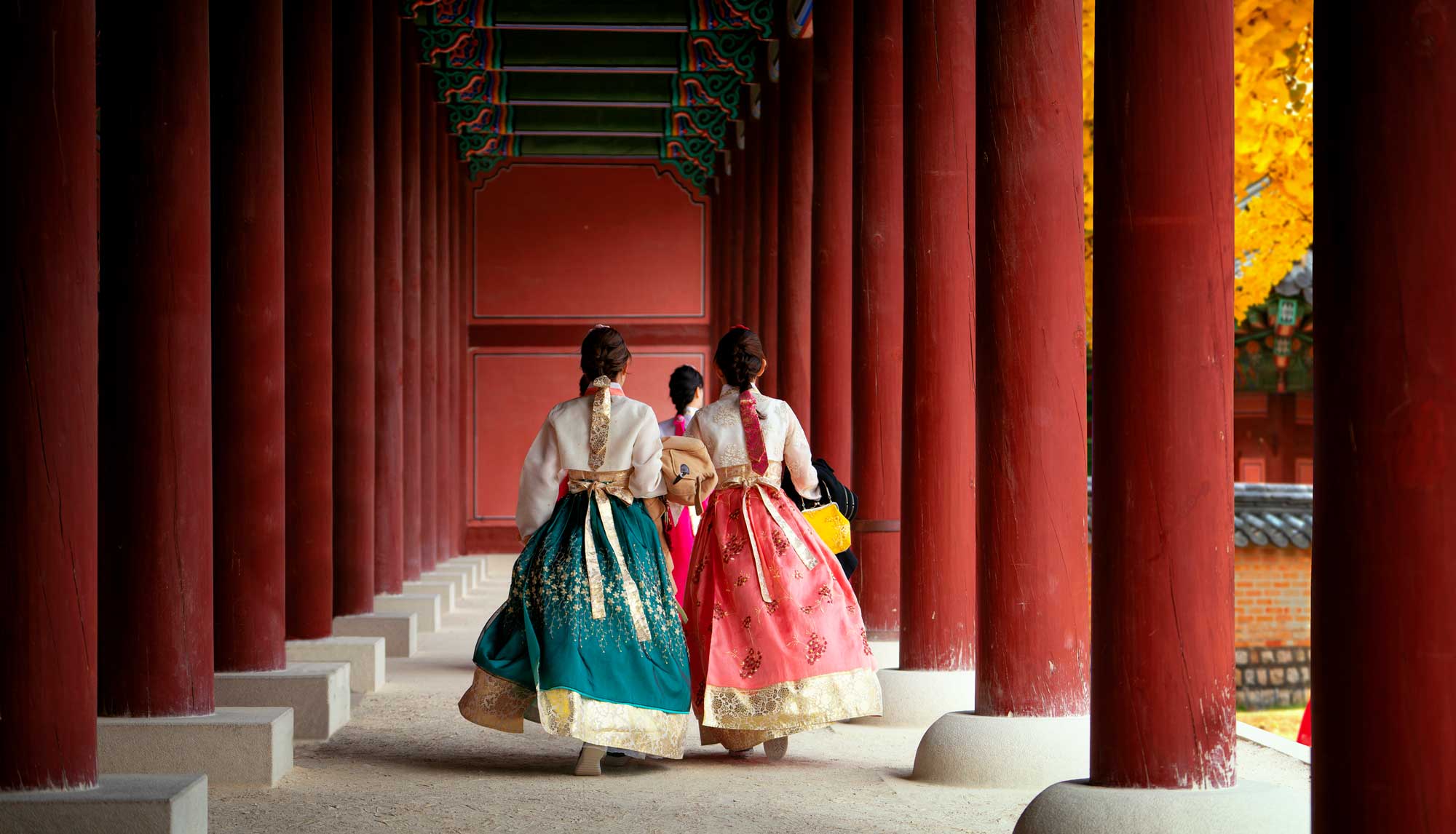 While self-expression is important, adopting the local style can go a long way in minimizing unwanted attention. As a Black person traveling in a homogenous region, we already stand out, and wearing clothing styles that are frowned upon by local residents can draw more negative attention. It can make our efforts to live abroad as a local and immerse ourselves into this new culture more challenging to accomplish.
While self-expression is important, adopting the local style can go a long way in minimizing unwanted attention. As a Black person traveling in a homogenous region, we already stand out, and wearing clothing styles that are frowned upon by local residents can draw more negative attention. It can make our efforts to live abroad as a local and immerse ourselves into this new culture more challenging to accomplish.
On my first day in Seoul, I wore a simple dress that was quite modest from my perspective (it covered the top half of my knees). I quickly realized that Korean locals didn’t share my opinion. While waiting for a subway, a group of older Korean women standing nearby started to talk about me in Korean while slowly looking me up and down. I greeted them in Korean to soften the situation, but by that time, judgement had been passed, and culture shock had set in on both sides.
After that incident, I opted for jeans and plain shirts, ensuring they didn’t reveal too much skin, especially on the lower half of my body. Thanks to those simple adjustments, I avoided any further uncomfortable scrutiny and attracted less attention, which made for a more peaceful travel experience.
I’m sharing this experience to highlight the importance of balancing personal expression with cultural sensitivity. I suggest dressing modestly, not as a rule, but as advice to ensure a safe and comfortable experience while traveling through South Korea.
Pro tips for dressing conservatively in Korea
In Korea, locals usually sport polished, put-together looks that both men and women adhere to. Here’s a basic clothing guide to help you avoid unwanted attention as a Black woman in Korea:
- Jeans are a safe and versatile choice for most casual settings. You will notice Koreans commonly wear longer skirts and trousers as well, so consider packing those to fit in.
- Leave the heels and open-toe sandals at home and opt for simple flats and clean white sneakers instead.
- Don’t pack low-cut or revealing tops or short skirts and shorts; these items may be too revealing for Korean tastes.
- Take a few lightweight cardigans or soft hoodies to protect your arms and shoulders from the chill of air conditioning.
- When visiting historical sites, rent a Hanbok (traditional Korean dress) for the day. Not only does it make for great photos, but you may also get free entry to the palace!
- If you plan to go to the beach or a public bath, opt for modest swimwear (no bikinis), and you’ll need a swimming cap.
- Pay attention to the seasons—Korea has all four! Your clothing must fit the weather.
Consider joining a diverse circle
While South Korea has become a popular destination for tourists and exchange students, encounters with other Black individuals or people of color with darker skin tones are still relatively rare for local Koreans. This increases the risk of attracting unwanted attention, particularly in groups consisting solely of individuals with brown or black skin.
How I was treated was influenced by the racial makeup of the group I traveled with.
When traveling with other Black people, Korean people took pains to avoid us. For example, one man took a shortcut through a dark alley to avoid crossing our path; in another case, a woman moved her purse to the opposite side when we sat at a nearby table at a restaurant.
When traveling in more diverse groups, instances of outright discrimination were less frequent. Solidarity with allies from different racial backgrounds acts as a protective shield, sending a clear message that anti-blackness will not be tolerated.
Despite this, traveling with a group of Black friends shouldn’t be ruled out. In some cases, it may even feel safer. The comfort of being surrounded by people you can relate to can greatly enhance your overall experience. Ultimately, your choice of travel companions and preferences will shape your study abroad journey.
Practice healthy self-care
Whether you experience discrimination or not, immersing yourself in another culture and environment is stressful. Of course, it’s rewarding, exciting, and fun, but you may occasionally find yourself feeling down or not liking the experience.
At those times, it’s critical to practice healthy self-care.
Your personal self-care toolkit may include:
- Meditation or written reflections about your experiences
- Gentle reflection on your goals and intentions for study abroad
- Kind reminders of the progress you’ve made
- Taking breaks and doing activities you love
Mindful practices can firmly ground you in the moments when you find yourself faced with racial discrimination or culture shock. Regardless of how you choose to handle unpleasant situations, your mental well-being is important. Caring for your mental health will enable you to fully embrace the experience of studying abroad. Studying abroad is a once-in-a-lifetime opportunity, so it’s essential to seize these moments and ensure they are meaningful.
I’m living proof that Black people can thrive in South Korea—your identity is not a hindrance; it’s a gateway to new and enriching experiences. If you approach this unique experience with confidence in yourself, respect for the new culture you will experience, and a hunger to learn and explore, I promise you won’t regret it!
Learn more about personal growth on study abroad with these stories
- Lessons Sierra learned while studying abroad in three countries
- Unlocking the value of student diplomacy when you study abroad
- Priceless skills you learn on study abroad that pay off forever


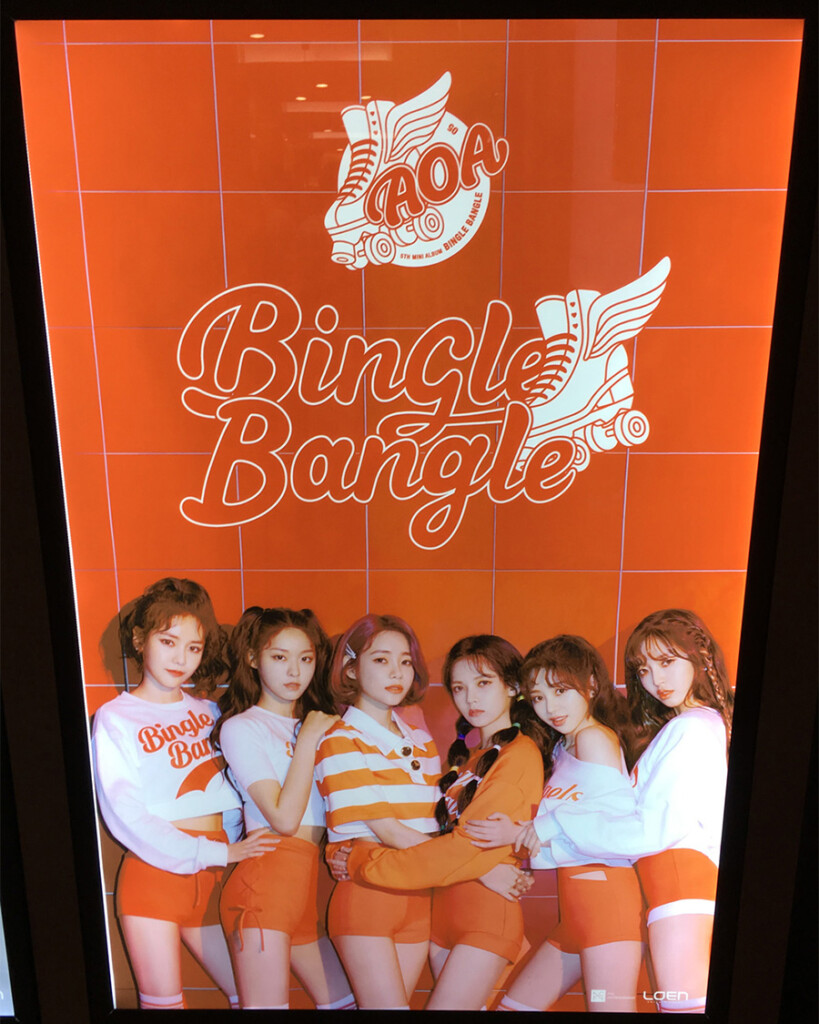
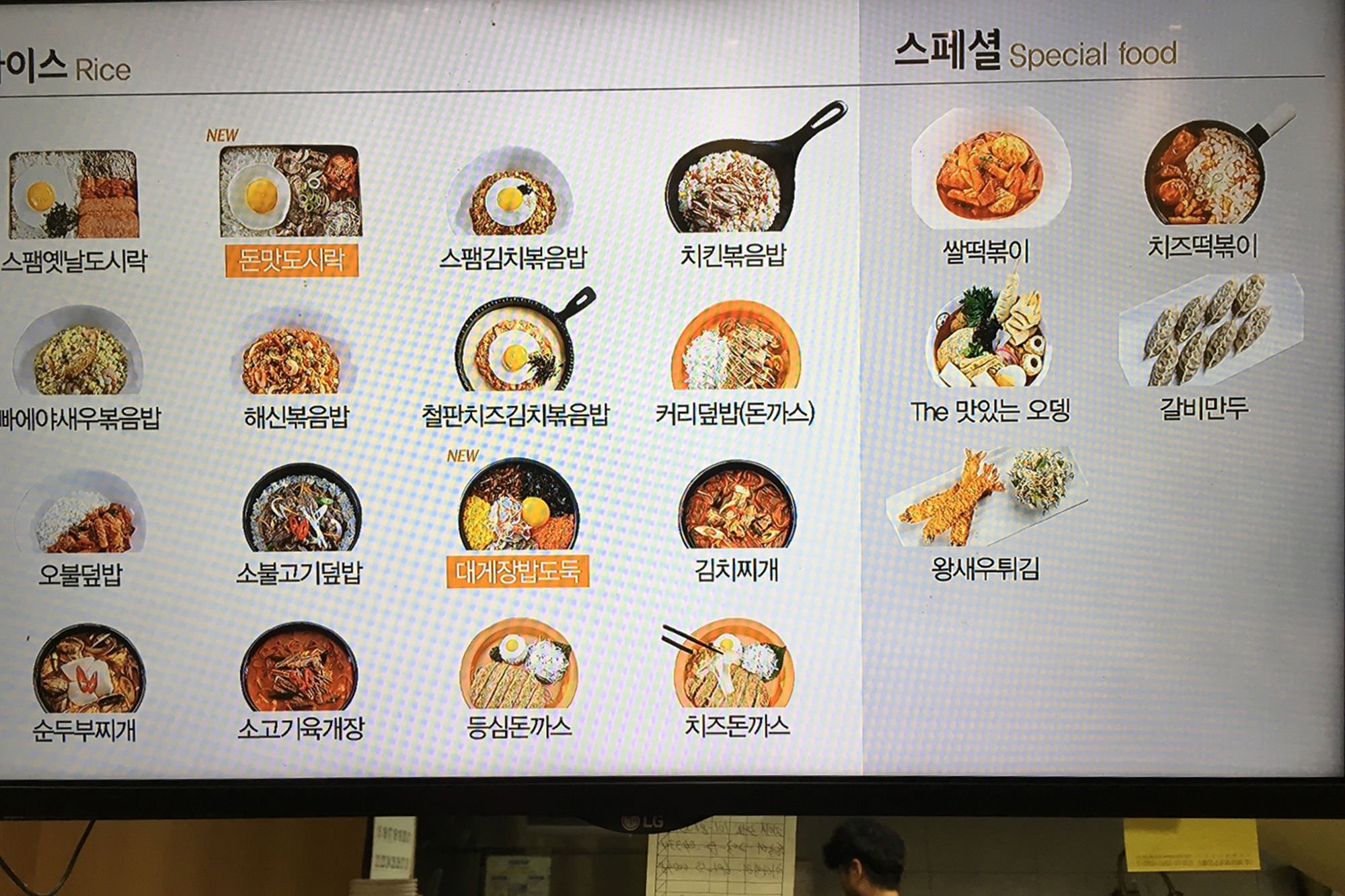
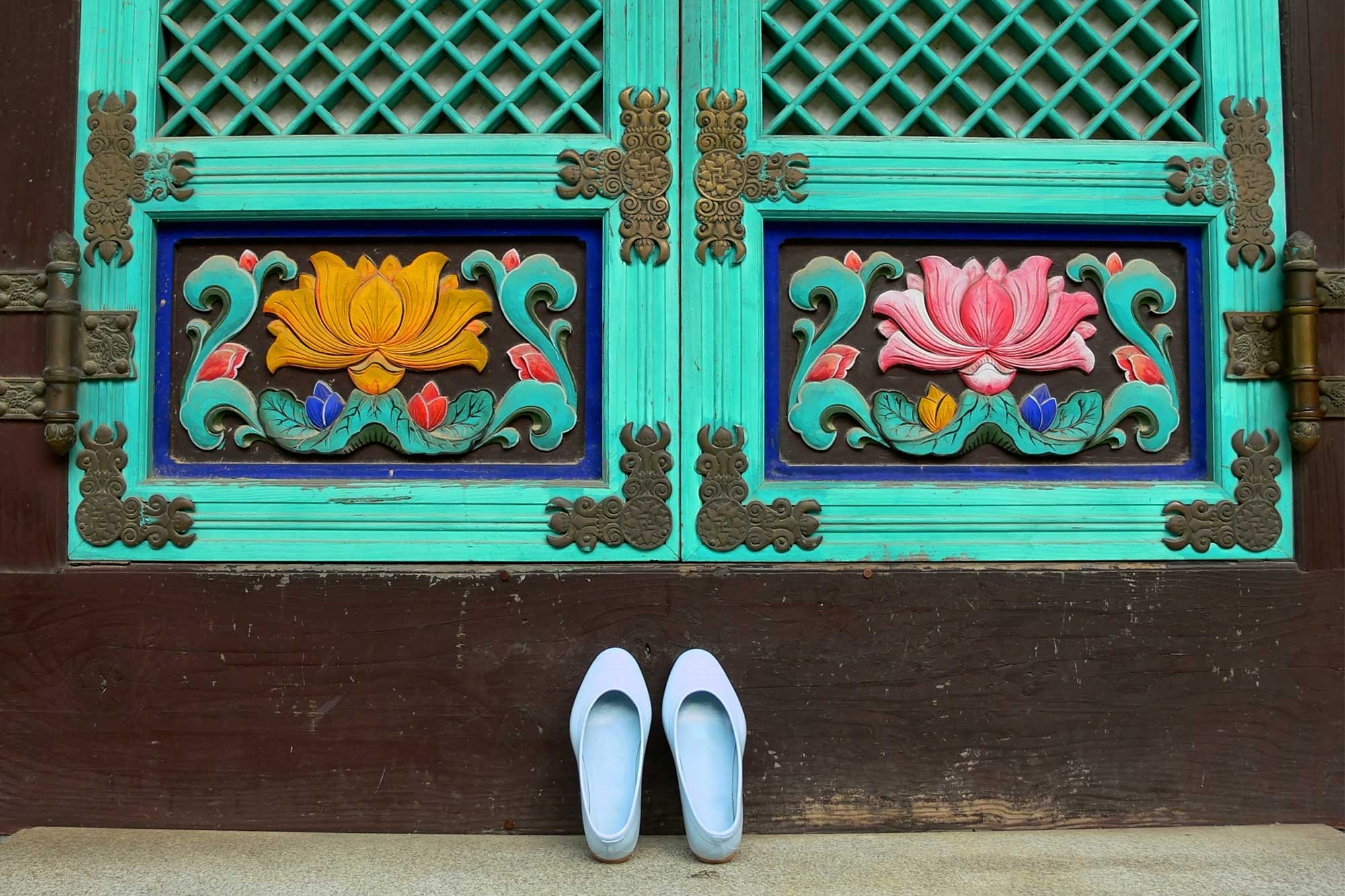
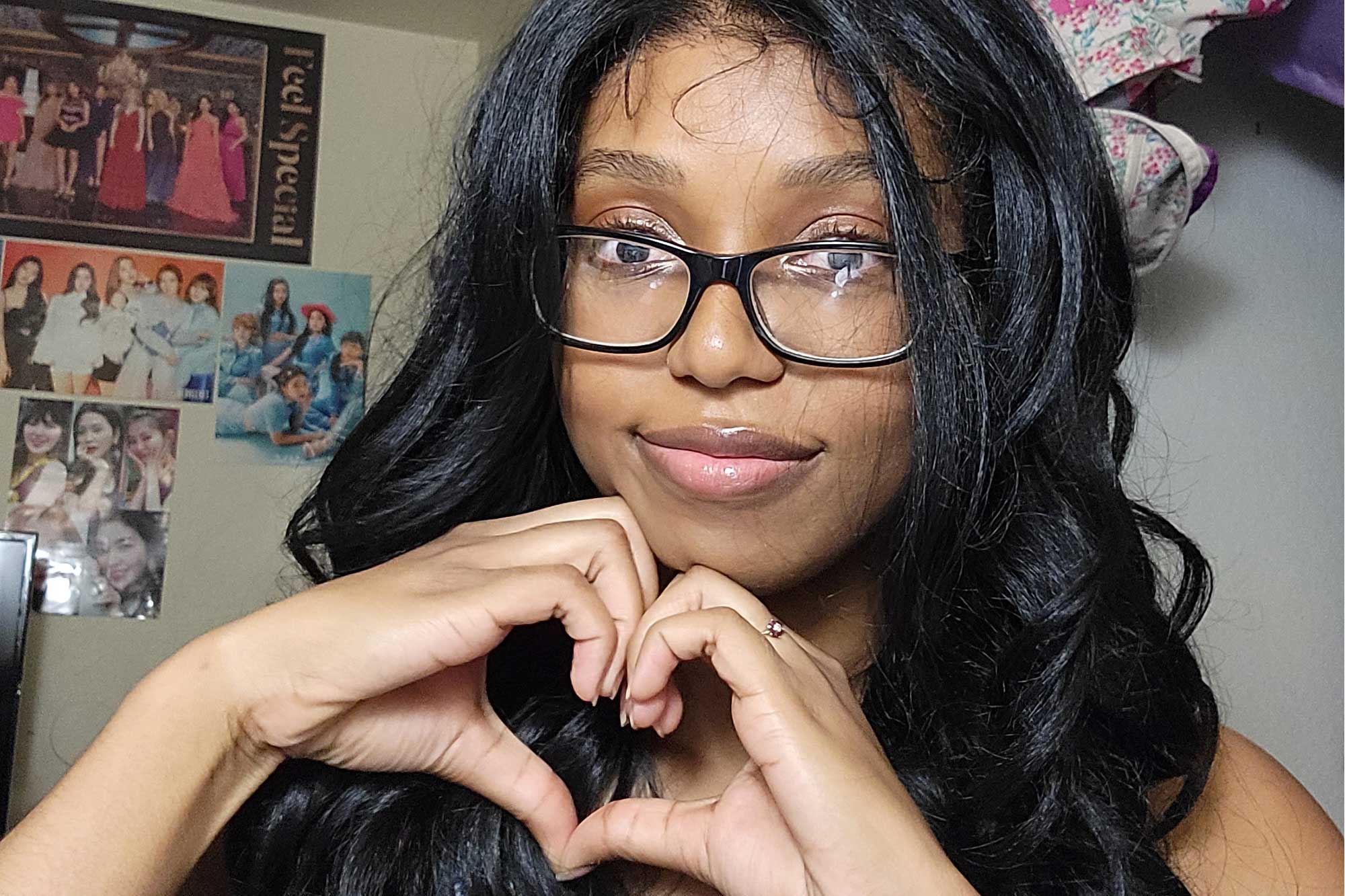

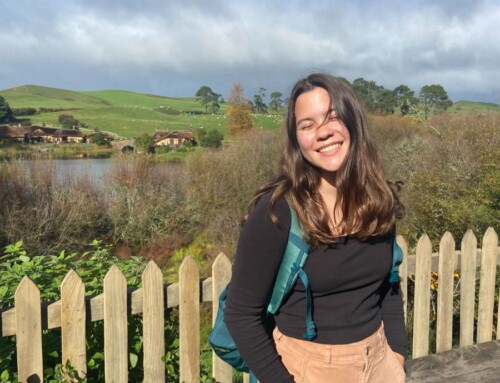
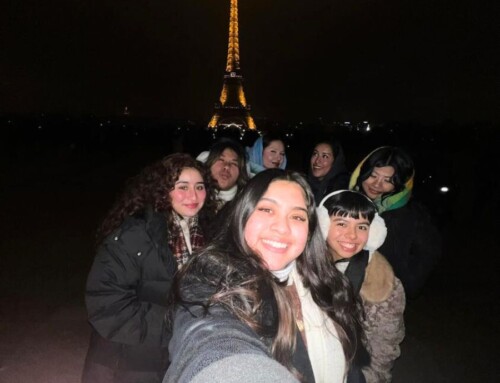
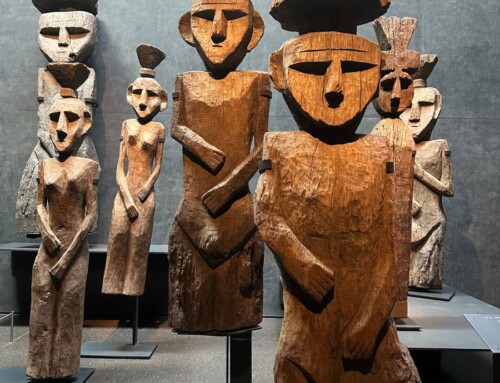
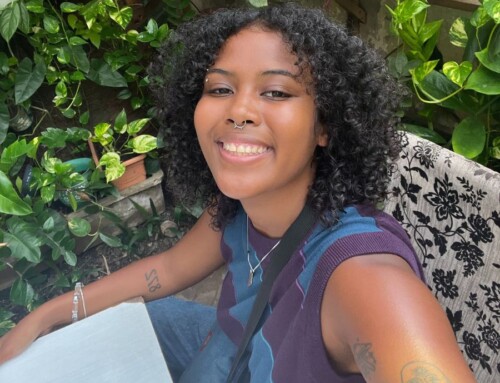

Leave A Comment